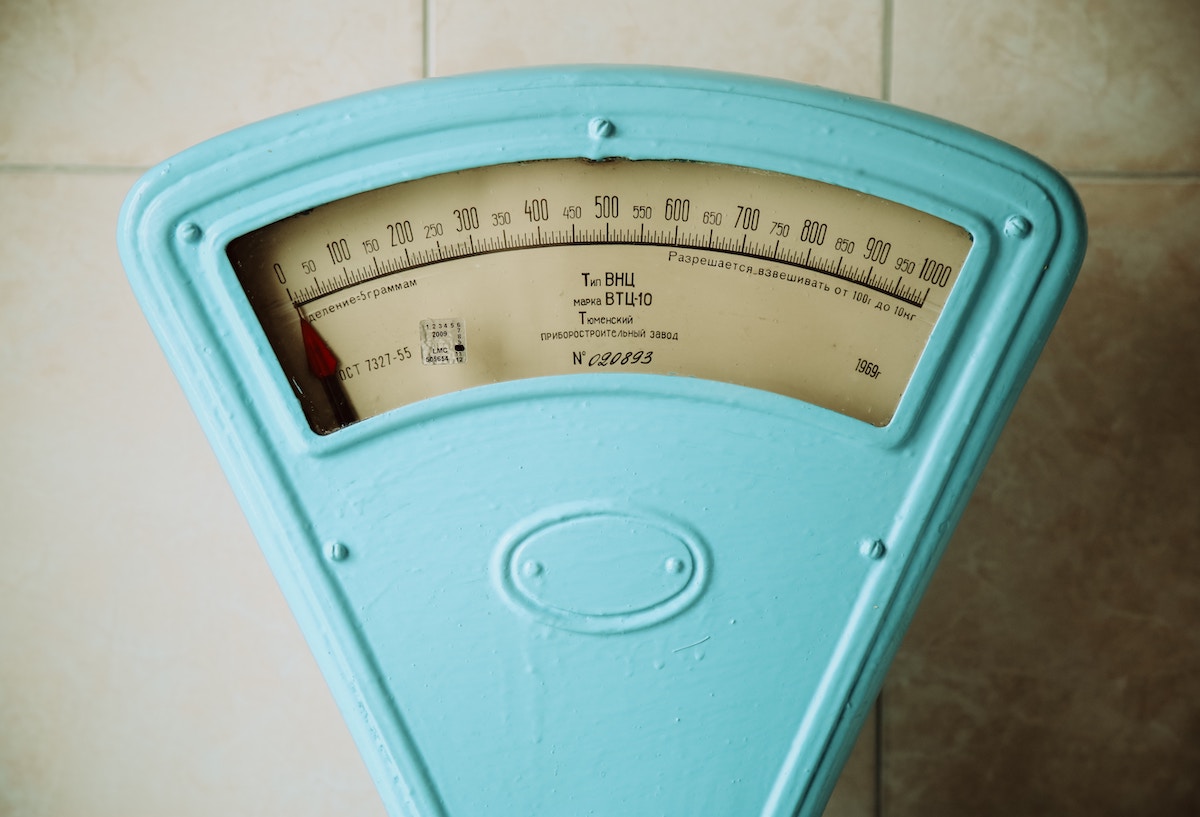Anxiety is a widespread and, at times, debilitating mental health condition that affects millions of people worldwide. While experiencing occasional anxiety is a natural response to stress or pressure, persistent, intense feelings of worry or fear can disrupt daily routines, hinder productivity, and impact overall well-being. These overwhelming emotions can manifest in physical symptoms like restlessness, difficulty concentrating, and even sleep disturbances. Fortunately, there are many proven and accessible strategies to effectively address and manage anxiety, helping individuals regain control of their emotions and restore balance, tranquility, and peace of mind in their lives. This article explores ten practical strategies to help manage and reduce anxiety.
Practice Mindfulness
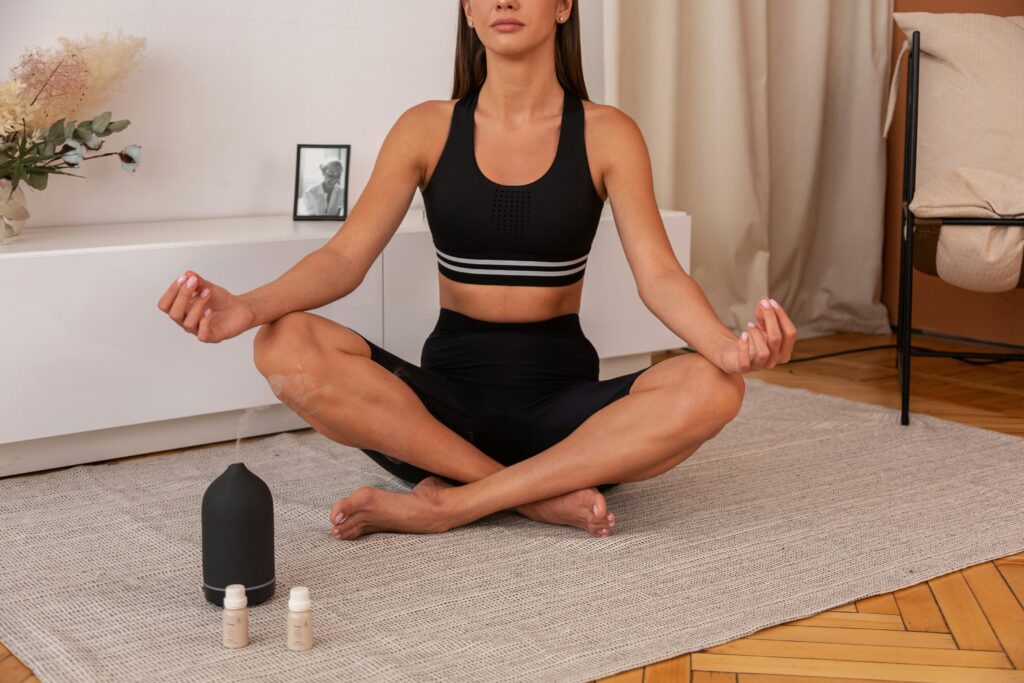
Mindfulness involves focusing on the present moment without judgment. It helps ground you in reality, preventing your mind from spiraling into anxious thoughts about the past or future. Mindfulness practices, such as meditation and deep breathing exercises, can significantly reduce anxiety by calming the nervous system. Start by dedicating five to ten minutes a day to mindfulness. Sit in a quiet space, close your eyes, and concentrate on your breath. When your mind wanders, gently guide your focus back to your breathing. Apps like Headspace or Calm can provide guided mindfulness sessions for beginners.
Engage In Regular Exercise – Combatting Anxiety

Physical activity is one of the most effective natural remedies for anxiety. Exercise releases endorphins, the brain’s feel-good chemicals, and reduces stress hormones like cortisol. Regular workouts can improve your mood, increase energy levels, and promote better sleep. Activities like yoga, swimming, brisk walking, or even dancing can make a difference. Aim for at least 30 minutes of moderate exercise most days of the week. Choose activities you enjoy to ensure consistency.
Prioritize Sleep Hygiene
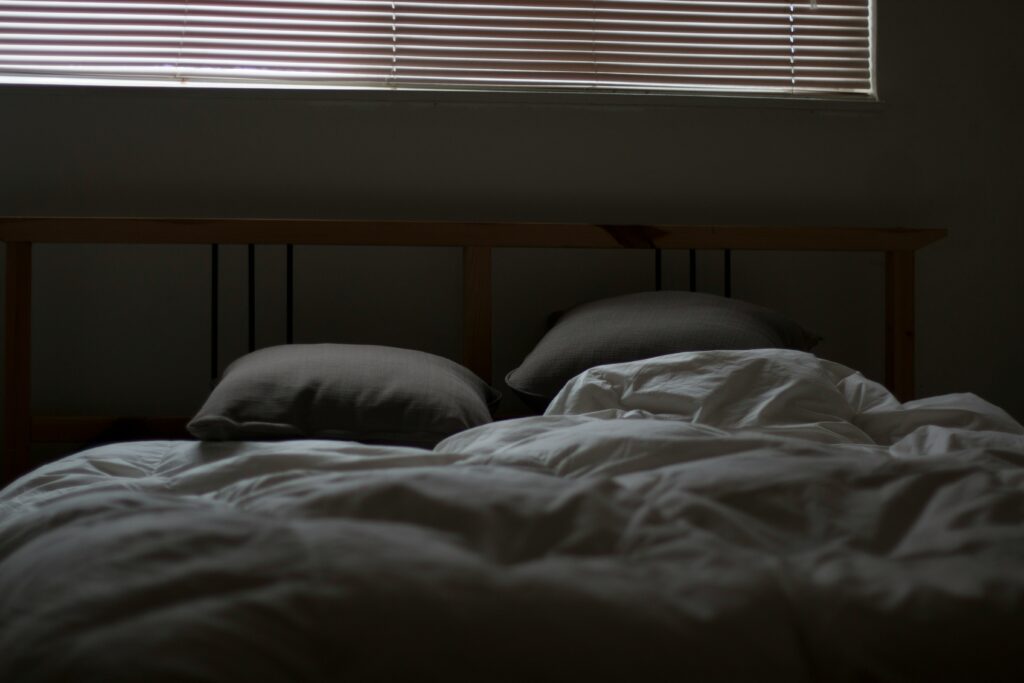
Lack of sleep can exacerbate anxiety, creating a vicious cycle. To combat this, establish a regular sleep routine. Go to bed and wake up at the same time every day, even on weekends. Avoid caffeine and electronic screens at least an hour before bedtime. Create a calming bedtime ritual, such as reading a book, taking a warm bath, or practicing relaxation techniques. If intrusive thoughts keep you awake, jot them down in a journal to address the next day.
Limit Caffeine And Alcohol – Combatting Anxiety

Caffeine and alcohol can intensify anxiety symptoms. Caffeine, found in coffee, tea, and energy drinks, can trigger restlessness and jitteriness. Alcohol, while initially relaxing, disrupts sleep and can lead to heightened anxiety once its effects wear off. Opt for decaffeinated beverages or herbal teas, such as chamomile or peppermint, known for their calming properties. If you enjoy socializing with a drink, consider non-alcoholic options like sparkling water with a splash of juice.
Develop A Support Network

Isolation can worsen anxiety, making it important to connect with others who understand and support you. Reach out to trusted friends, family members, or support groups. Talking about your feelings can provide relief and offer a fresh perspective. If discussing anxiety feels challenging, consider joining online or in-person support groups where you can connect with individuals experiencing similar struggles. Sharing experiences fosters a sense of community and reduces feelings of loneliness.
Practice Cognitive Behavioral Techniques – Combatting Anxiety
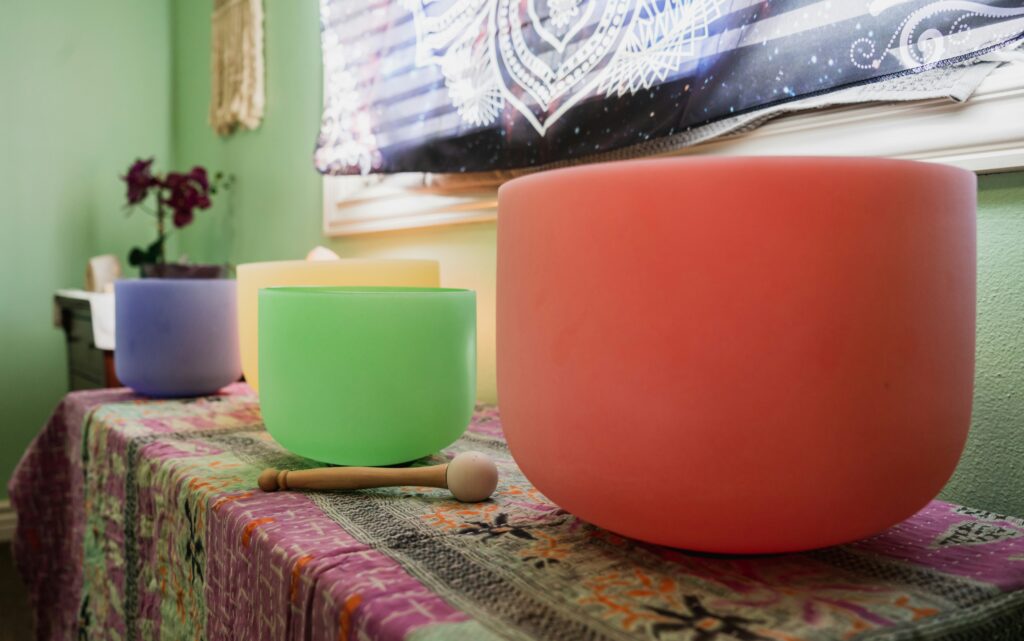
Cognitive Behavioral Therapy (CBT) is a widely used approach for managing anxiety. It focuses on identifying and challenging negative thought patterns that contribute to anxious feelings. While professional therapy is ideal, you can incorporate CBT techniques into your daily life. Start by identifying anxious thoughts and questioning their validity. For example, if you think, “I’ll fail this presentation,” ask yourself, “What evidence supports this thought?” Reframing these thoughts with a balanced perspective can reduce anxiety.
Establish Healthy Boundaries

Overloading yourself with obligations and constantly trying to satisfy others can contribute to exhaustion and heightened anxiety. Developing the ability to say no and establishing clear boundaries is crucial for maintaining mental health. Assess your responsibilities and focus on what is most important. Don’t hesitate to turn down tasks that overwhelm you. Remember, prioritizing your well-being is not an act of selfishness, but a fundamental need for personal growth and peace of mind.
Explore Relaxation Techniques – Combatting Anxiety

Relaxation techniques like progressive muscle relaxation (PMR), visualization, and aromatherapy can calm your mind and body. PMR involves tensing and relaxing muscle groups, releasing physical tension associated with anxiety. Visualization, or guided imagery, uses mental images to promote a sense of peace. Imagine yourself in a serene location, such as a beach or forest, and engage your senses to make the experience vivid. Using essential oils like lavender or eucalyptus in a diffuser or as part of a massage can enhance relaxation.
Focus On A Balanced Diet

What you eat can impact your mental health. A diet rich in whole foods, lean proteins, fruits, vegetables, and omega-3 fatty acids supports brain function and reduces anxiety. Magnesium-rich foods like spinach, almonds, and dark chocolate help regulate stress hormones. Probiotic-rich foods, such as yogurt and fermented vegetables, improve gut health, which is closely linked to mental well-being. Avoid processed foods and sugary snacks that can cause energy crashes and mood swings.
Seek Professional Help When Needed – Combatting Anxiety]
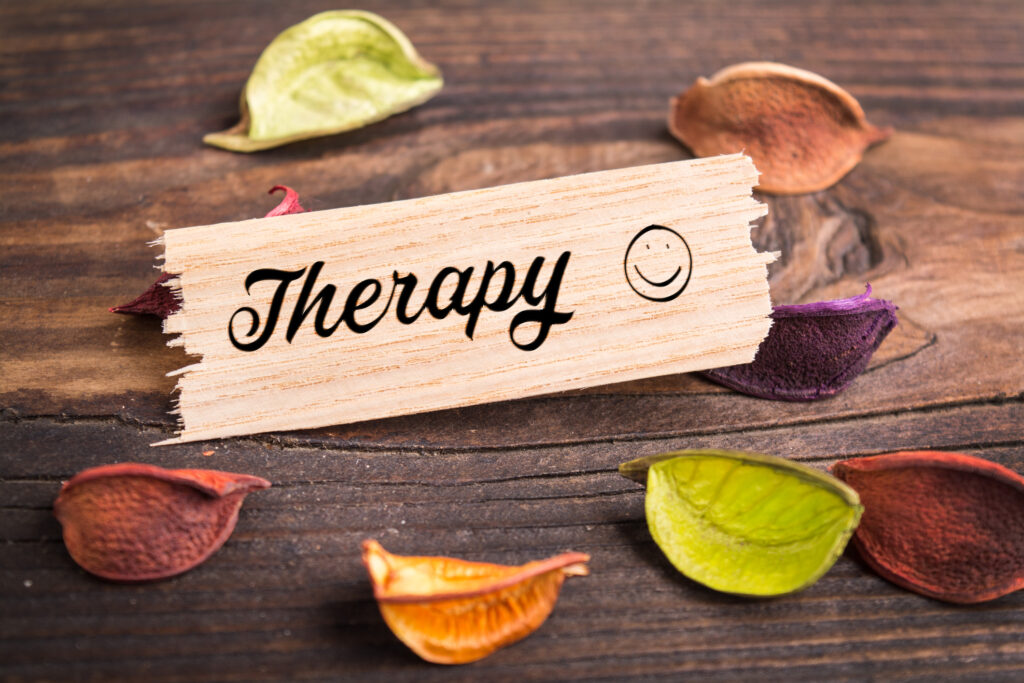
If anxiety significantly disrupts your daily life, seeking professional help is essential. Therapists and counselors can provide tailored strategies to address your specific concerns.
For severe cases, medication prescribed by a psychiatrist might be beneficial. Anti-anxiety medications or antidepressants can help manage symptoms, often in conjunction with therapy. There’s no shame in seeking help. Taking this step shows strength and commitment to your well-being.



